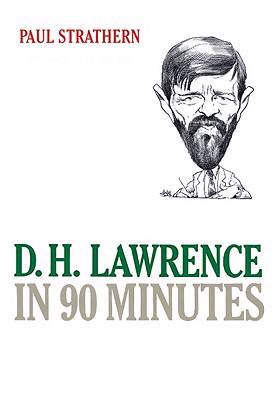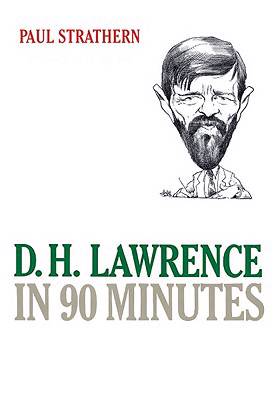
- Afhalen na 1 uur in een winkel met voorraad
- Gratis thuislevering in België vanaf € 30
- Ruim aanbod met 7 miljoen producten
- Afhalen na 1 uur in een winkel met voorraad
- Gratis thuislevering in België vanaf € 30
- Ruim aanbod met 7 miljoen producten
Omschrijving
By the end of his life, Lawrence had despaired of Western civilization, which he felt had corrupted and weakened the human spirit. He believed that we had somehow lost touch with our instinctual being and no longer responded to the 'true voice' of our blood. We still possessed such truth deep within us, but it was smothered by a dead culture.
His works were an attempt to revive a life we have lost, and in them it is possible to glimpse something vivid, something now damaged, that we nonetheless recognize in ourselves. At his best, Lawrence reminds us of what we are, what it is we have lost. But it is a very tenuous argument, for all the vividness with which it is evoked. In Lawrence, deep sense often coexists with empty nonsense. The ranter coexisted with the prophet, just as his often dubious message coexisted with some of the finest writing in the English language. Lawrence had a genius for evocation, both of a past that may never in fact have existed and of a luminous present that exists as never before in his words. This is his undeniable legacy.
Building on his enormously successful Philosophers in 90 Minutes series, Paul Strathern now applies his witty and incisive prose to brief biographical studies of the world's great writers. He brings their lives and ideas to life in entertaining and accessible fashion. Far from being a novelty, each book is a highly refined appraisal of the writer and his work, authoritative and clearly presented.
Specificaties
Betrokkenen
- Auteur(s):
- Uitgeverij:
Inhoud
- Taal:
- Engels
- Reeks:
Eigenschappen
- Productcode (EAN):
- 9781433217586
- Verschijningsdatum:
- 1/03/2009
- Uitvoering:
- CD
- Formaat:
- CD standaard audioformaat
- Afmetingen:
- 165 mm x 157 mm
- Gewicht:
- 181 g

Alleen bij Standaard Boekhandel
Beoordelingen
We publiceren alleen reviews die voldoen aan de voorwaarden voor reviews. Bekijk onze voorwaarden voor reviews.











